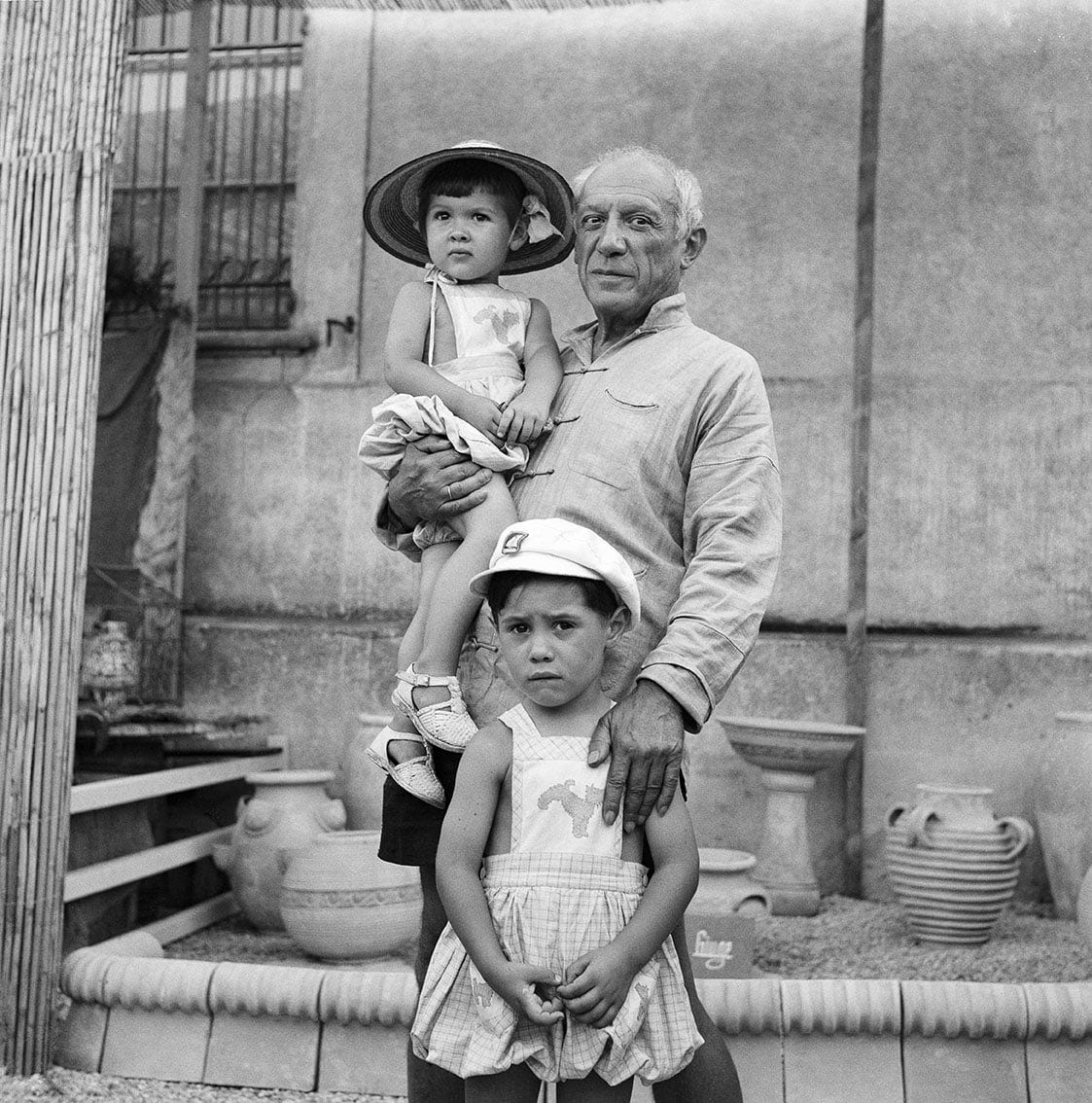The systematic denial of children’s freedom is not a natural fate, but the result of historical, ideological, and structural decisions. As long as EU states do not consider psychological well-being, promotion of autonomy, and education for self-determination, they endanger their future.
Art and cultural analyses as well as psychological studies show that freedom, when reduced to reproduction, leads to passivity. However, cultural progress requires self-determined generations.
Premodern Power Structures
Middle Ages & Early Modern Era: Children were regarded as miniature adults; emotional attachment played little role. Philippe Ariès (French medievalist and historian) observed in Centuries of Childhood that the concept of childhood emerged only after the 15th century. Before that, no true space for childhood existed.
Church Dogma: Church influence led to strict upbringing, penitential rituals, and moral discipline; children were integrated early into social obedience, often at the expense of their mental and physical development.
Early Enlightenment & Secularization
Secular humanists like John Locke, from the 17th century onward, developed educational philosophies aimed at personal responsibility. Yet, in practice, authoritarian regimes remained dominant well into the 19th century.
From the 19th century, counter-movements arose—e.g., Rousseau, who considered the child as a being with its own development. In the EU, this slowly led to ideas of protection, but not true freedom.
20th Century: Industrialization & Institutionalization
Mass schooling and labor protection laws structured childhood, but also removed children from public spaces. Studies since the 1950s show a clear decline in free movement in daily life.
21st Century: Risk Society and Alienation
Despite prosperity, childhood happiness declined. British adolescents report the lowest satisfaction in Europe. Technologies and parental anxiety significantly reduce children’s scope for action.
Empirical Findings and Root Causes
Aspects of children’s developmental space have shrunk dramatically since the 1950s—for example, freedom to walk or cycle independently. Reduced self-efficacy, increased dependency, and despite declining religiosity, fertility also fell in the Western world.
Decline in church authority (e.g., after Vatican II) and fall in birthrates coincided with lower openness to freedom. “Happiness recession” among EU/UK youth began after 2017. A corollary is “constraint ↔ psychological pressure.”
Parental control studies show that overprotective parents reduce autonomy. This results in diminished room to grow and increased performance expectations.
Longitudinal Study on “Helicopter Parenting”
Analysis of college students shows that parental interference and overcontrol weaken mental self-regulation:
“Helicopter parenting… correlates with higher levels of anxiety and depression and decreased life satisfaction as well as lower levels of perceived autonomy, competence, and ability to get along with others.”
Sources: en.wikipedia.org; psychologytoday.com; link.springer.com
A 30-year meta-analysis demonstrates that overcontrolling parenting is associated with anxiety, depression, social withdrawal, and lower life satisfaction.
Mother–child dyad studies show that “overprotectiveness correlates significantly with autonomy restrictions,” leading to internalized issues like anxiety and externalizing behaviors.
Parents of chronically ill children tend to overcontrol, which may provide short-term care but undermines long-term self-efficacy.
A family data survey revealed that overprotective parents display less willingness to grant autonomy, clearly impacting decision-making skills and social maturity.
Men whose fathers were overprotective have a 12% higher mortality risk; women, 22%. (timesofindia.indiatimes.com)
61.9% of respondents report reduced decision-making ability due to overprotection; 18% of variance in children’s anxiety is explained by lack of autonomy. (reddit.com; link.springer.com; en.wikipedia.org)
Archaeo‑Historical & Cultural‑Historical Indicators
Excavations in ancient children’s spaces show early ritualized education with strict structures.
Art-historical works—classical depictions of children in Renaissance iconography with strict symbolism, later countermovements in Naturalism and Realism—reflect these attitudes.
Writings by Pestalozzi and Montessori in the 19th/20th centuries advocated child self-determination—a clear contrast to prevailing pedagogy.
Features of Today’s EU Risk Situation
Traditional ↔ secular‑rational values (Inglehart–Welzel): the EU moves toward self‑actualization, but conservative parents still shape child-rearing (raisedgood.com; en.wikipedia.org).
Fertility trends: low birth rates in the EU despite prosperity, indicative of controlled family planning and dependency on social and economic security (pmc.ncbi.nlm.nih.gov).
Political Embedding: EU policies promote parental freedom (e.g., children’s rights), yet tension persists between national traditions and European freedom.
Future Risk & Cultural Consequences
Limiting children’s freedom amounts to intentional recycling: children remain threads of inheritance, reproducing existing distribution structures.
Threat to the future: Adolescent mental health crises (the so‑called “happiness recession”) hamper innovation capacity (theguardian.com; scirp.org).
EU Promise: Values of self-realization clash with parental control and social constraints.
Cultural Lesson: Freedom is a learnable asset—historical turning points (Enlightenment, children’s rights movement) show durable potential for future development.
KB
Sources
Decline in Children’s independent activity since 1950 – pmc.ncbi.nlm.nih.gov; petergray.substack.com; researchgate.net
Philippe Ariès: Centuries of Childhood – en.wikipedia.org
Child unhappiness in UK/EU – en.wikipedia.org; petergray.substack.com; bigthink.com
Youth well‑being in late 20th‑century England – theguardian.com
PubMed: Autonomy & overparenting – pubmed.ncbi.nlm.nih.gov (x2); link.springer.com (x2)
PubMed: Overprotection & mental health – pubmed.ncbi.nlm.nih.gov (x12); pmc.ncbi.nlm.nih.gov (x12)
PubMed: Overprotection & academic entitlement – pmc.ncbi.nlm.nih.gov; reddit.com
Parents.com: Helicopter Parenting impacts – timesofindia.indiatimes.com (x15); parents.com (x15)
Scientific Reports: Mortality risks – pubmed.ncbi.nlm.nih.gov
PubMed meta-study: Internalizing & externalizing effects – parents.com; link.springer.com; pubmed.ncbi.nlm.nih.gov
PubMed meta-analysis: Autonomy & anxiety links – psychologytoday.com; link.springer.com; pmc.ncbi.nlm.nih.gov
Inglehart–Welzel cultural values – psychologytoday.com (x2); en.wikipedia.org (x2)
Fertility and religiosity EU/USA – thepublicdiscourse.com; asrec.org; mdpi.com
Parenthood happiness studies – washingtonstand.com; pmc.ncbi.nlm.nih.gov; bigthink.com













